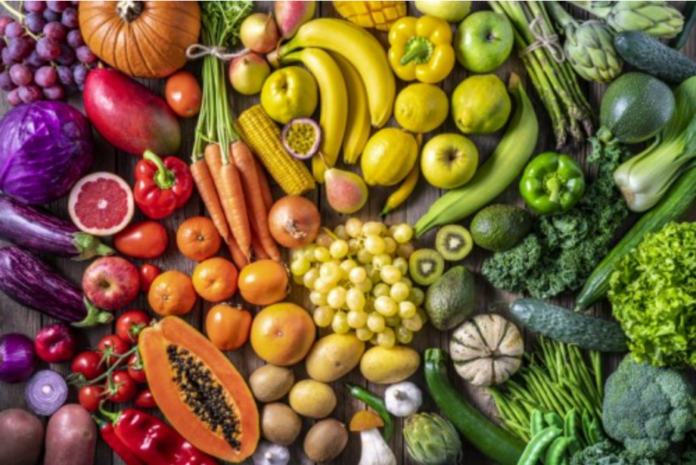The appearance and overall health of your skin doesn’t only boil down to facial cleansers and creams. The inclusion of certain nutrients in your diet can also help you maintain healthy skin. Here are five important nutrients that play a role in skin health, along with some of the best food sources for them:
Omega-3 Fatty Acids
Omega-3s are usually associated with lower blood pressure and brain and heart health. But they also “can reduce inflammation and keep your skin moisturized,” says Margaret Ifarraguerri RDN, LD, a clinical dietitian at Sinai Hospital of Baltimore, a LifeBridge Health center.
According to the National Institutes of Health’s Office of Dietary Supplements, Omega-3 deficiency, while quite rare in the United States, can cause rough, scaly skin and dermatitis. Omega 3s are in fatty fish like salmon, mackerel, tuna, herring and sardines. They are also contained in flaxseed, chia seeds and walnuts.
Vitamin C
Like Omega-3 deficiency, vitamin C deficiency is rare in the United States as well as in Canada, says the National Institutes of Health. However, a possible complication in people who get little or no vitamin C (less than about 10 mg per day) is a condition known as scurvy, which, among other things, can cause small red or purple spots on the skin and poor wound healing.
Because the body needs vitamin C to produce collagen, a protein that aids in wound healing, a deficiency could result in skin lesions, easily bruised skin or slow-healing skin.
In general, vitamin C is essential for skin cell production, Ifarraguerri says. Some of the best food sources of vitamin C are citrus fruits such as oranges and grapefruit as well as tomatoes, berries, bell peppers and kiwifruit.
Vitamin A
In addition to supporting normal vision, your immune system and reproduction, Ifarraguerri says vitamin A, which acts as an antioxidant, “is essential in promoting skin cell growth” and can help protect the skin from ultraviolet (UV) damage. (UV light from the sun is strongest during the spring and summer.)
You can get good amounts of vitamin A from green leafy vegetables (including broccoli), carrots, sweet potatoes and squash.
Vitamin E
“Vitamin E also acts as an antioxidant and can help protect from UV damage,” Ifarraguerri says.
Dry skin also has been linked to vitamin E deficiency. Foods rich in vitamin E include almonds, hazelnuts and peanut butter. Vegetable oils including safflower, sunflower and wheat germ oils also are among the best sources of vitamin E.
Zinc
Zinc, Ifarraguerri says, “is an essential nutrient for wound healing” and keeping the skin healthy. Some people who have skin ulcers (open wounds or soars that develop on the skin because of poor blood flow) may benefit from zinc dietary supplements, but only if they have low levels of zinc, the National Institutes of Health says.
Baked beans, pork and beef are among good food sources of zinc. Oysters have more zinc per serving than any other food.
Most of your nutrients should come from food and beverages. As always, be sure to speak with your doctor and dietitian about your specific nutritional needs and how best to address them.
Story & Photo Credit: LifeBridge Health/Newswise



































